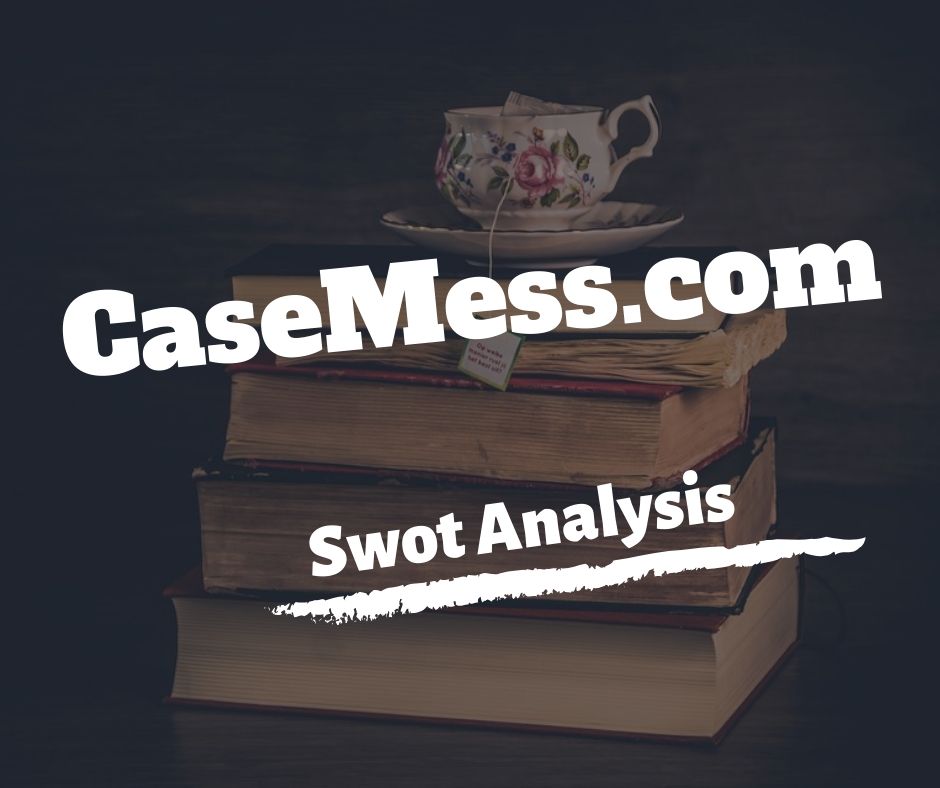Swot Analysis of Does Third World Growth Hurt First World Prosperity Case Study Analysis
Home >> Darden >> Does Third World Growth Hurt First World Prosperity >> Swot Analysis
Swot Analysis of Does Third World Growth Hurt First World Prosperity Case Analysis
Strengths
Stronger intake capability: The gross nationwide earnings (GNI) increased to 55790 in 2010 from 32780 in 2001. The GDP also increased from $91148 in 2001 to $208765 in 2010. The GDP growth rate is 14.5%.
 Pleasant company environment: Does Third World Growth Hurt First World Prosperity Case Swot Analysis has a high earnings category and ranks in all aspects of organisation.
Pleasant company environment: Does Third World Growth Hurt First World Prosperity Case Swot Analysis has a high earnings category and ranks in all aspects of organisation.
Easy to start company: Regulations are unwinded for starting brand-new service.
Low terrorism and political violence: Does Third World Growth Hurt First World Prosperity Case Swot Analysis has a tranquil political environment that most likely draws in investors.
Weaknesses
Closes to BRIC countries: Purchasers are influenced by others nations like India and China.
Island size: Organisation advancement is limited due to the fact that of the minimal size of island.
Worldwide orientation: Does Third World Growth Hurt First World Prosperity Case Swot Analysis mainly depends upon trade. If any massive ecological modification occurs, growth will be subjected.
Federal government involvement: Government intervention might restrict new entrepreneurs to establish their organisations.
Opportunities
 Land might increase: Does Third World Growth Hurt First World Prosperity Case Swot Analysis can have its land increased if the dispute with Malaysia is fixed.
Land might increase: Does Third World Growth Hurt First World Prosperity Case Swot Analysis can have its land increased if the dispute with Malaysia is fixed.
Emerging markets: Business can be expanded in the land by generating innovative concepts and items
Tourism country: Through making adequate investments in the tourist sector, more inflow of earnings can be generated as a growing number of tourists will be checking out the country.
Threats
Incomplete supply chain: Does Third World Growth Hurt First World Prosperity Case Swot Analysis's production mainly depends on basic material that are imported from other countries. This make them dependent on importation.
Increasing sea level: Sometimes of flood, the whole island might perish
Multi linguistic nation: Does Third World Growth Hurt First World Prosperity Case Swot Analysis has 3 languages used together at the very same time. This can cause issues to particular ethnic groups.
Growth Strategies
The federal government must promote startup organisations and assist them preserve their operations by providing them supervision. In addition, guidelines related to entrepreneurship needs to be simplified so startups owners are motivated to appropriately develop their companies. Modularized training classes need to be made required on grownups so they can obtain innovative skills under different certifications structures.
The working needs to be done on tariff rates to motivate import export from the locals. The tertiary sector of Does Third World Growth Hurt First World Prosperity Case Swot Analysis likewise needs to connect up with overseas partners for additional innovation of the hub and local market
Does Third World Growth Hurt First World Prosperity Case Swot Analysis is a hub of Southeast Asian regions; it ought to construct a structure to additional establish the infrastructure. An underground city facilities can also be developed.
These infrastructural advancements will lead a roadway towards faster financial development and will draw in more international companies to setup. Solid infrastructure not just supply the center to work in but also produces job chances.
Focus will be made on establishing strategies that assist establish new innovations for business. Jobs of information science and data collection should be promoted. The world is moving towards the period of digitalization. It is considerably essential to communicate with the innovation and develop all business associated work on digital platforms. Lesser workforce is needed when system is digitalized. Precision of the work likewise improves.
Incentives should be provided by the federal government, to promote start-up growth. Research study and advancement strategies should be established for the startups to improve their current operations. Workshops and trainings should be provided so start-up owners can have a roadmap to follow.
